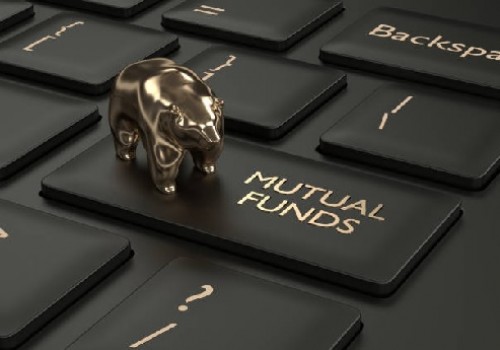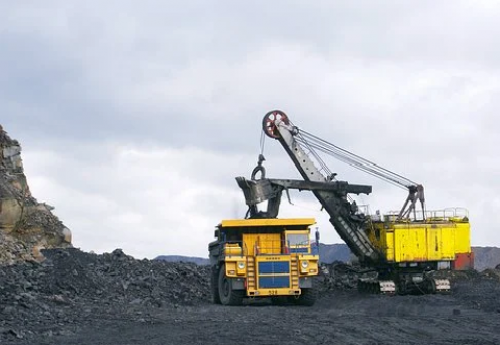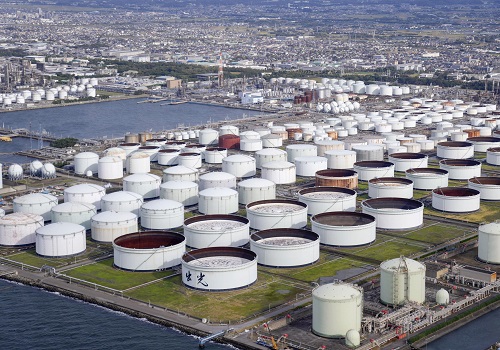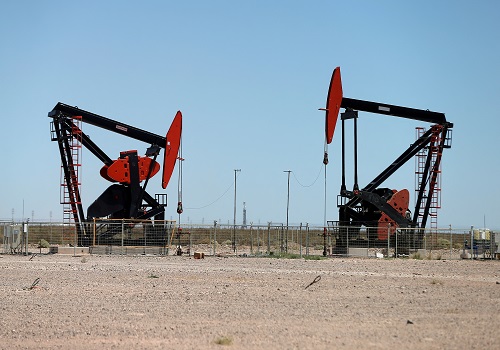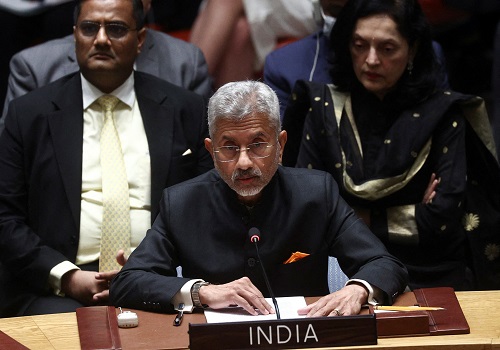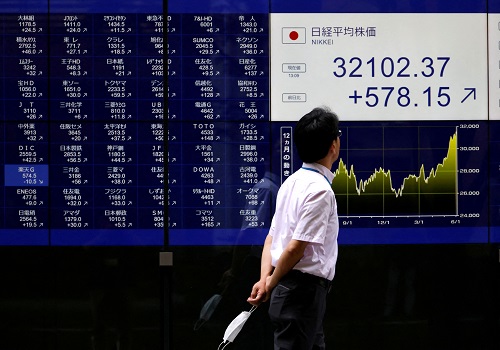Shares, bond yields jump after "encouraging" Russia-Ukraine talks
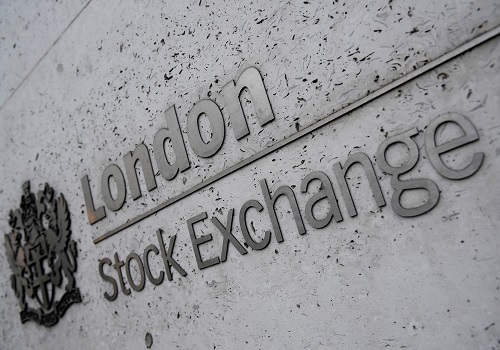
Follow us Now on Telegram ! Get daily 10 - 12 important updates on Business, Finance and Investment. Join our Telegram Channel
LONDON - World share markets and global borrowing costs surged on Tuesday, as the first face-to-face talks between warring Russia and Ukraine in nearly three weeks yielded signs of progress. [.EU]
Europe's main bourses enjoyed 1%-2.5% gains and oil tumbled 4% as Russia's deputy defence minister emerged saying Moscow has decided to drastically cut military activity around Ukraine's capital Kyiv and also Chernihiv.[.EU][O/R]
Wall Street looked set to extend a three-day run of gains.[.N] Asia had been lifted overnight too after the Bank of Japan defended its vast stimulus programme, although there was still the yen's worst month since 2016 raising eyebrows. [/FRX]
Dealers also shrugged off bigger-than-expected drops in French and German consumer confidence data and signs that Russia will push ahead with plans to start billing for it gas in roubles, and is prepared to risk a historic sovereign debt default.
Germany's benchmark 10-year Bund yield - the main gauge of European borrowing costs - hit its highest since early 2018 and 2-year yields turned positive for the first time since 2014, adding to the seismic shifts in global rates markets this year as inflation has surged. [GVD/EUR]
Ten-year U.S Treasuries were at 2.47% while the equivalent 2-year yields were at 2.38%, having now risen an eyewatering 165 basis points this quarter. More than 200 basis points of U.S. interest rate rises are also now priced in for 2022 which, if realised, would be the most in a calendar year since 1994.
The difference between two and 10-year Treasury yields seems well on the way to turning negative for the first time since 2019 as well.
This is the so-called curve inversion that is considered a reliable predictor of recession, although the U.S. Federal Reserve has urged investors to also watch other curve segments which are still steep, giving it room to tighten policy further and faster.
"We have seen something that is a little unprecedented because the Fed is suddenly facing a question about its credibility and whether it can effectively reduce inflation," Amundi's Head of Multi-Asset strategies, Francesco Sandrini, said.
He added Amundi had revised down its European growth forecast to 1.5% for the year from 2% previously, but it could be lower if the situation continues to deteriorate.
"We question a lot our forecasts," Sandrini said, especially as Europe's big companies are more heavily exposed to commodity price pressures than U.S. counterparts. "It is extremely complicated, we need to proceed cautiously."
BATTERED YEN
U.S. stock futures were up around 0.5% putting Wall Street on course to extend its recent run of gains.
All the three of the main S&P 500, Dow Jones and Nasdaq indexes are on course to end March higher. However, they are also set to record their worst start to a year and indeed any quarter since the start of 2020 when the outbreak of the coronavirus pandemic wreaked havoc on financial markets.
Japanese shares had closed up more than 1% in Asia overnight [.T] although Chinese stocks and oil both slid as Shanghai continued to lock down to combat a COVID-19 surge. [.SS]
Tokyo's rally had come as the Bank of Japan vowed to keep its stimulus pumping, offering to buy unlimited amounts of 10-year government bonds to prevent its bond yields from rising too much further.
The central bank was finding it tough going, however. The 10-year JGB yield stood at 0.249% ahead of U.S. trading, right up against the BOJ's implicit 0.25% cap.
This didn't help the yen much, which was at 123.36 per dollar even after staging a small recovery from its bruising the day before.
"Excess volatility and disorderly currency moves could hurt economic and financial stability," Japan's top currency diplomat Masato Kanda told reporters on Tuesday, confirming the resolve of Japan and the United States to closely communicate on exchange-rate issues.
Elsewhere, trading remained choppy. Investors will favour markets that are lagging the Fed's rate hike, operating on "a day-to-day trading mentality" amid market noise and short-term developments, said Chi Lo, senior market strategist APAC at BNP Paribas Asset Management.
"There is not really even medium-term direction that the market is following," he said.
Among commodities, oil prices saw another sudden $5 plunge in European trading after Russia's top negotiator in the Ukraine talks described the discussions as "constructive". That left Brent down 4% at $108 per barrel and U.S. WTI at $102.
Prices had weakened earlier too as China's financial hub Shanghai tightened its latest COVID-19 lockdown, after it reported a record 4,381 asymptomatic cases and 96 symptomatic cases for March 28 - though the caseload remains modest by global standards.
"Certainly commodity markets will not be comfortable in the short term with China shutting down," Lo said. Many observers estimate less than 5% growth this year for the world's second-biggest economy, he said, a view he rated as "too pessimistic" given expectations for stronger stimulus measures.
Spot gold dropped 1% to $1,905 an ounce.












 320-x-100_uti_gold.jpg" alt="Advertisement">
320-x-100_uti_gold.jpg" alt="Advertisement">

